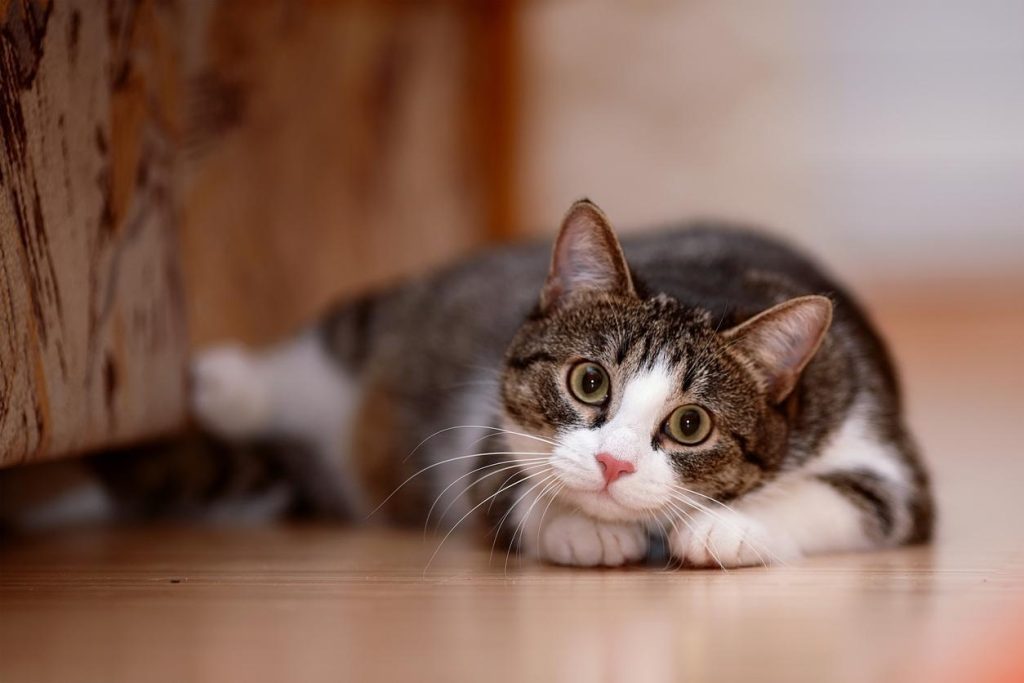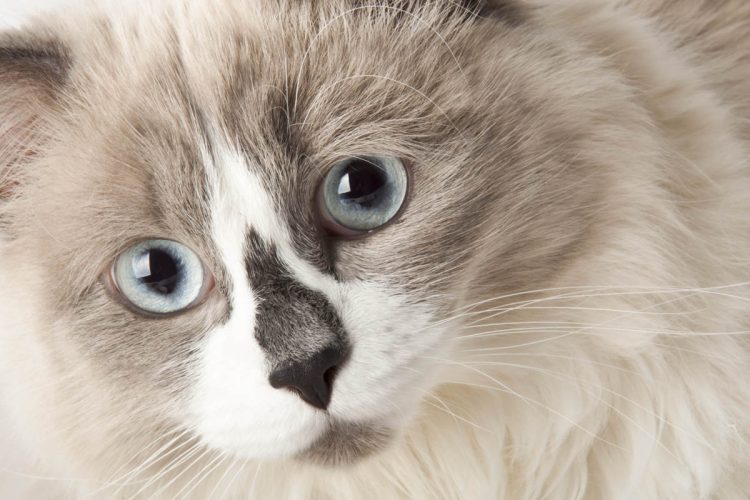Introduction: The Mystery of a Distended Abdomen
When we notice our feline companions with a notably distended abdomen that feels unusually tight to the touch, it can understandably cause concern. A cat’s health is delicate, and changes in their body can signify underlying issues. This article will explore various reasons why a cat might experience a swollen belly and how to address these situations.
Obesity: The Weighty Dilemma
One of the most common reasons for a cat’s enlarged belly is obesity. Overfeeding and lack of exercise contribute significantly to your pet’s weight gain, leading to a distended abdomen. To combat this, it’s vital to carefully monitor your cat’s diet. Implementing portion control and focusing on a balanced diet can help manage their weight effectively. Additionally, encouraging regular physical activity through playtime and interactive toys can facilitate weight loss and overall health improvement.
Digestive Issues: Unraveling the Upset
Another frequent culprit is digestive discomfort. When a cat struggles to digest food properly, it can lead to the build-up of gas and toxins within the body, resulting in a swollen stomach. To help ease digestive issues, establish a consistent feeding schedule and minimize high-fat and high-fiber food in their diet. Training your cat to eat properly without swallowing foreign objects, along with ensuring they stay well-hydrated, can also alleviate digestive distress.
Parasite Infestation: Unwelcome Guests
Unfortunately, cats can also fall prey to various parasites, including roundworms or Toxoplasma. These pests can cause significant gastrointestinal upset, leading to a bloated appearance. Regular deworming and preventive treatments are essential to safeguard your pet from these intruders.
Ascites: The Hidden Fluid Accumulation
A distended abdomen might also indicate a more serious condition known as ascites, where excess fluid accumulates in the abdominal cavity. This situation requires immediate veterinary attention for proper diagnosis and treatment, as it can be a sign of underlying health issues.

Overeating: The Inevitable Aftermath
Sometimes, the cause of a swollen belly can simply be related to overeating. If your cat has indulged in a large meal or has a toy that encourages excessive eating, this can lead to temporary bloating. Monitor their activity levels and avoid vigorous exercise immediately after meals to help them feel more comfortable.
Serious Health Conditions: Seeking Immediate Care
Cats may also develop cysts or tumors in their abdominal organs, which can result in swelling. If you suspect a more serious issue, such as feline infectious peritonitis (FIP), peritonitis, liver cirrhosis, heart failure, or hypoalbuminemia, timely veterinary intervention is critical for the cat’s health.
Conclusion: Vigilance and Care
It’s essential to be vigilant about any changes in your cat’s body. If your cat’s swollen abdomen persists, especially in conjunction with symptoms like difficulty breathing or a loss of appetite, do not hesitate to consult a veterinarian. Early diagnosis and treatment can often lead to better outcomes for your beloved pet.























































